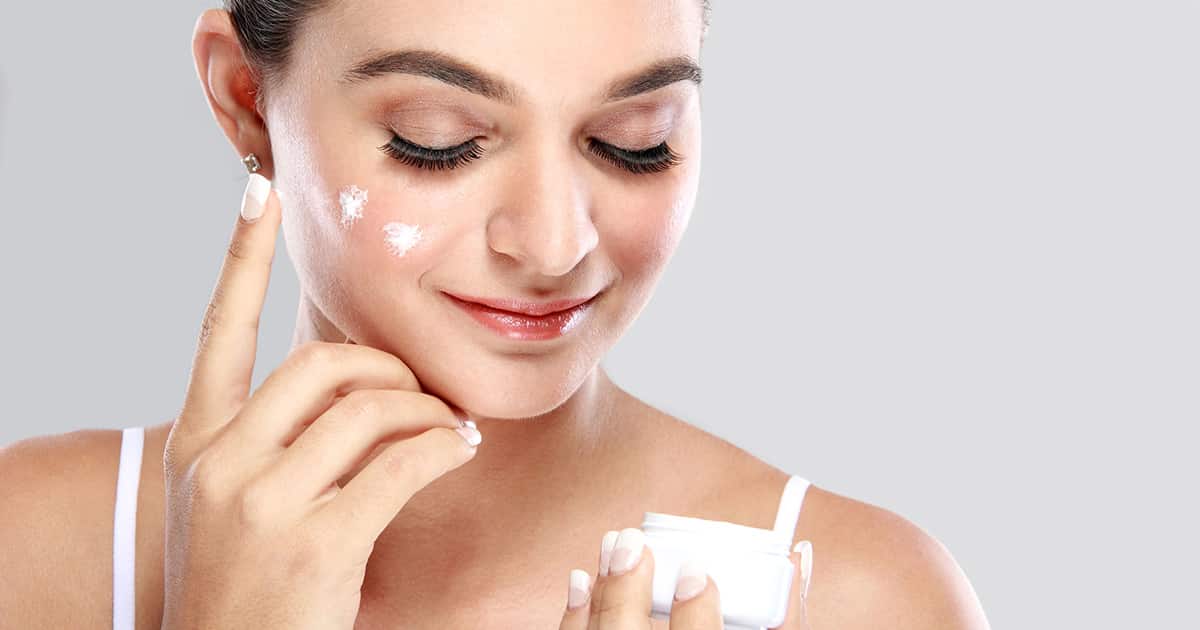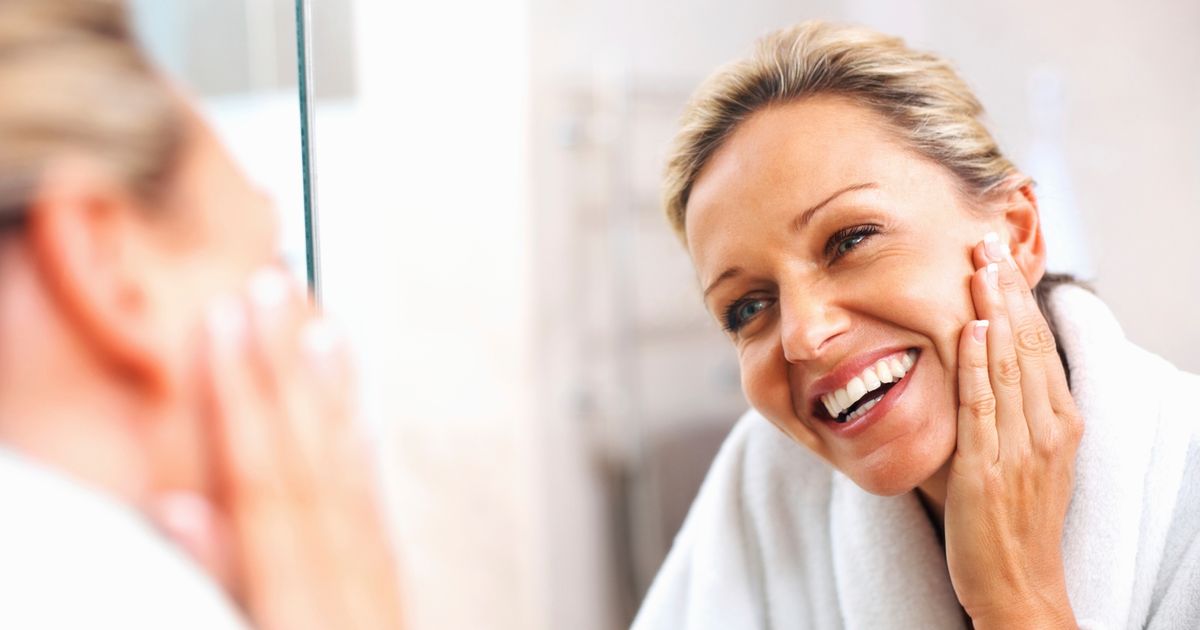Retinol: Acne's Worst Enemy & The Skin's Savior
Retinol creams and serums are widely advertised as a miracle worker for the skin that can greatly improve a person’s complexion. But, is it really that amazing? Does it genuinely work? Find out how retinol works and how it can improve a person’s unhealthy and dull skin into a glowing and radiant complexion.
How Does Retinol Work?

Let’s take a look at how retinol works first. Retinol is a derivative of vitamin A and works by accelerating the growth of healthy skin cells while discarding the dead skin cells. This makes the cells less susceptible to fall into pores as well, which results in less blocked pores. This process of accelerating the death of skin cells on the surface speeds up the growth of healthy skin cells underneath the surface. This also makes it extremely effective in preventing and removing wrinkles. The very first retinoid to hit the market was tretinoin, which was approved by the U.S. Food & Drug Administration(FDA) over forty years ago, and was branded as a prescription acne treatment. Today, there are three prescription-strength retinoids available to consumers: tretinoin, tazarotene, and adapalene, with different brands associated with each of the three.
Continue reading to discover the variety of skin benefits that retinoid creams can offer patients.
Healthy, Beautiful Skin

There are numerous benefits associated with retinol creams and serums. For one, retinol has been proven to unclog pores, boost collagen, reduces fine lines and wrinkles, speed cell turnover to even out skin discoloration, and give the skin a smoother, softer, and brighter appearance. Retinol also prevents the breakdown of collagen, which provides the skin with elasticity and makes the skin appear more youthful. The presence of a healthy amount of collagen in the skin essentially gives the skin its suppleness and glow.
Patients who are using a prescription strength cream or serum can see results in as a little as four weeks, while those who opt for a store brand can see results in approximately twelve weeks. The store brands take longer than the prescription strength creams and serums because retinol found in the formulas take longer to convert into retinoic acid and is less potent.
Keep reading to learn more about how retinol creates beautiful, healthy skin and is used to combat acne.
